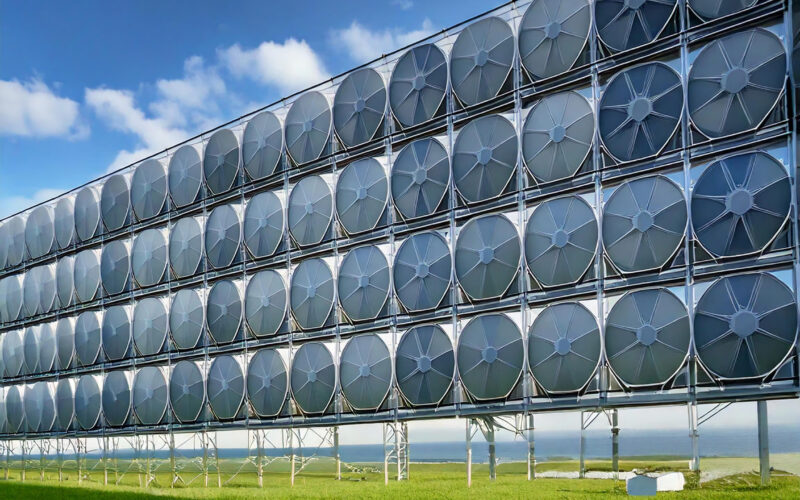Verra has introduced three new modules under its VM0049 Carbon Capture and Storage (CCS) methodology within the Verified Carbon Standard (VCS) Program. These modules enable direct air capture (DAC) projects to accurately quantify carbon dioxide removals, marking the operationalisation of Verra’s CCS framework for global emission reduction projects.
The new modules—VMD0056 CO2 Capture from Air (Direct Air Capture), VMD0057 CO2 Transport for CCS Projects, and VMD0058 CO2 Storage in Saline Aquifers and Depleted Hydrocarbon Reservoirs—establish Verra’s CCS methodology as a versatile tool for projects to generate real and high-integrity carbon removals.
Released amid a growing focus on technological carbon dioxide removal (CDR) as a solution to combat climate change, VM0049 is expected to drive CCS advancements and accelerate sector growth through financing from carbon credits. Finance generated by carbon credits can help scale this sector and accelerate its development.
“With the release of the direct air capture with carbon storage (DACCS) modules, Verra offers another important pathway for catalysing finance for projects that advance critically needed climate action. We urgently must advance all those possible pathways, whether technology- or nature-based, that avoid, reduce, or remove emissions. The carbon capture and storage methodology and the associated modules also stand out for their flexible and scalable approach that will enable them to amplify their climate impact, said, Mandy Rambharos, CEO, Verra.
The framework also includes provisions for CCS hubs, which support emissions accounting where projects involve shared CO2 transportation and storage infrastructure, making VM0049 the first global methodology to encourage collaborative CCS hubs. These hubs, which pool resources across multiple emitters, are instrumental in scaling the climate impact of CCS by enhancing cost-efficiency and reducing development times.
VM0049 and its modules were developed in collaboration between the CCS+ Initiative and Verra.





















